Bronwyn Barnes – Blazing the trail for women in mining
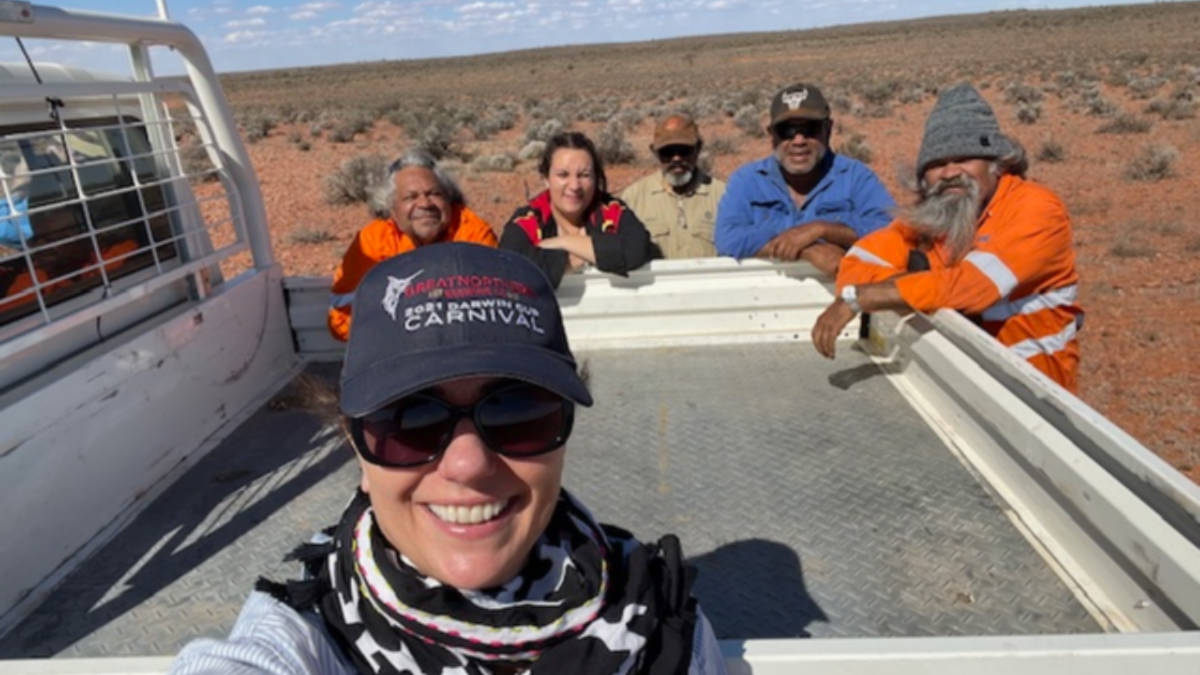
Bronwyn Barnes on site with the Traditional Owners to Indiana's Central Gawler Craton project in South Australia. Pic: Supplied
- To celebrate International Women’s Day, we conclude our women in mining series with one of the pioneers of the resources industry
- Bronwyn Barnes is executive chair of Indiana Resources and has been in the industry for +25 years despite having a non-traditional mining background
- She was the first West Australian to win both the state and federal champion woman in resources awards in 2015
Indiana Resources chair Bronwyn Barnes is the very definition of diversity in the resources sector.
Barnes is widely recognised as a pioneer in what has long been a male-dominated industry. The fact she has forged such an impressive career in mining and exploration after being headhunted from a non-traditional background only adds to that elevated standing.
“I think there’s this perception that to work in mining you have to be a geologist or a mining engineer or an accountant,” Barnes tells Stockhead.
“But that’s a perception I think mainly exists outside the mining sector for people looking in, but I think for people actually in the mining sector, we know that you need one of everything to make a mine work. It’s a really diverse skillset and I think that nowadays people are much more embracing of not having that traditional path into the sector.
“There’s lots of bits and pieces that go into building mining companies and mining projects, but am I ever going to plan a drill programme? No. Am I ever going to tell you where to put your pit? No. But am I going to tell you how to get your framework agreement approved by a foreign government? Yes. Can I tell you how to raise finance? Yes.”
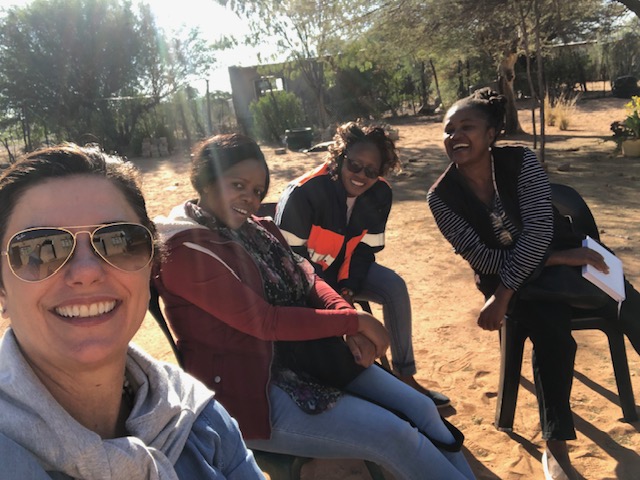
The day Twiggy came calling
Perth-raised Barnes vividly remembers school excursions to the Alcoa refinery and Bunbury port, as well as television footage of iron ore mines opening up in the Pilbara when she was in her teens.
Despite what was going on around her, Barnes never coveted a career in resources. Instead she became a French interpreter for an ASX-listed company in the R&D sector, specialising in federal government lobbying.
Barnes was coming off maternity leave in the late 1990s when a young Andrew Forrest called her out of the blue with a job offer at Anaconda Nickel, desperately seeking her particular skillset.
“He needed a government lobbyist so I ended up working at Anaconda for a couple of days a week,” she says.
“So that’s how I got into mining. It was more by accident than by design.”
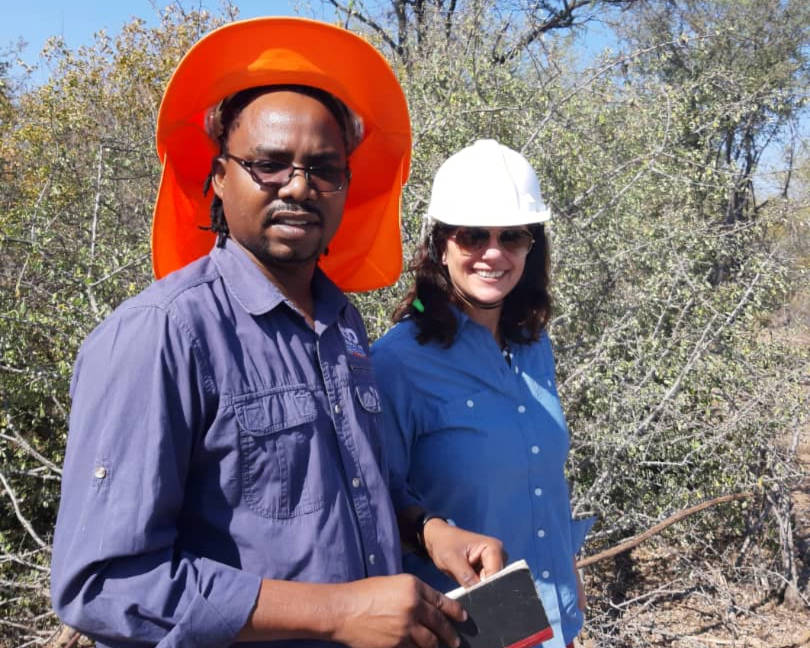
Since that first day at Anaconda, Barnes hasn’t looked back. Senior roles at WMC Resources and BHP (ASX:BHP) soon followed before she found her way to the managing director’s chair at junior nickel explorer Graynic Metals.
In 2014, she landed her first chair role with the Mark Creasy-backed Windward Resources and was instrumental in that company’s eventual takeover by its much larger neighbour in the Fraser Range, IGO (ASX:IGO).
Barnes also sat on the board of Mod Resources prior to its acquisition by Sandfire Resources (ASX:SFR) and now serves as executive chair of Indiana Resources (ASX:IDA) which is currently exploring for gold, base metals and rare earths in South Australia’s Central Gawler Craton.
“I’ve never left the resources sector,” she says. “I’ve had board roles in other sectors on the way through (including Synergy and Perth Racing) but I’ve always worked in resources. I’m not sure how long it is now, I stopped counting at 25 years.”
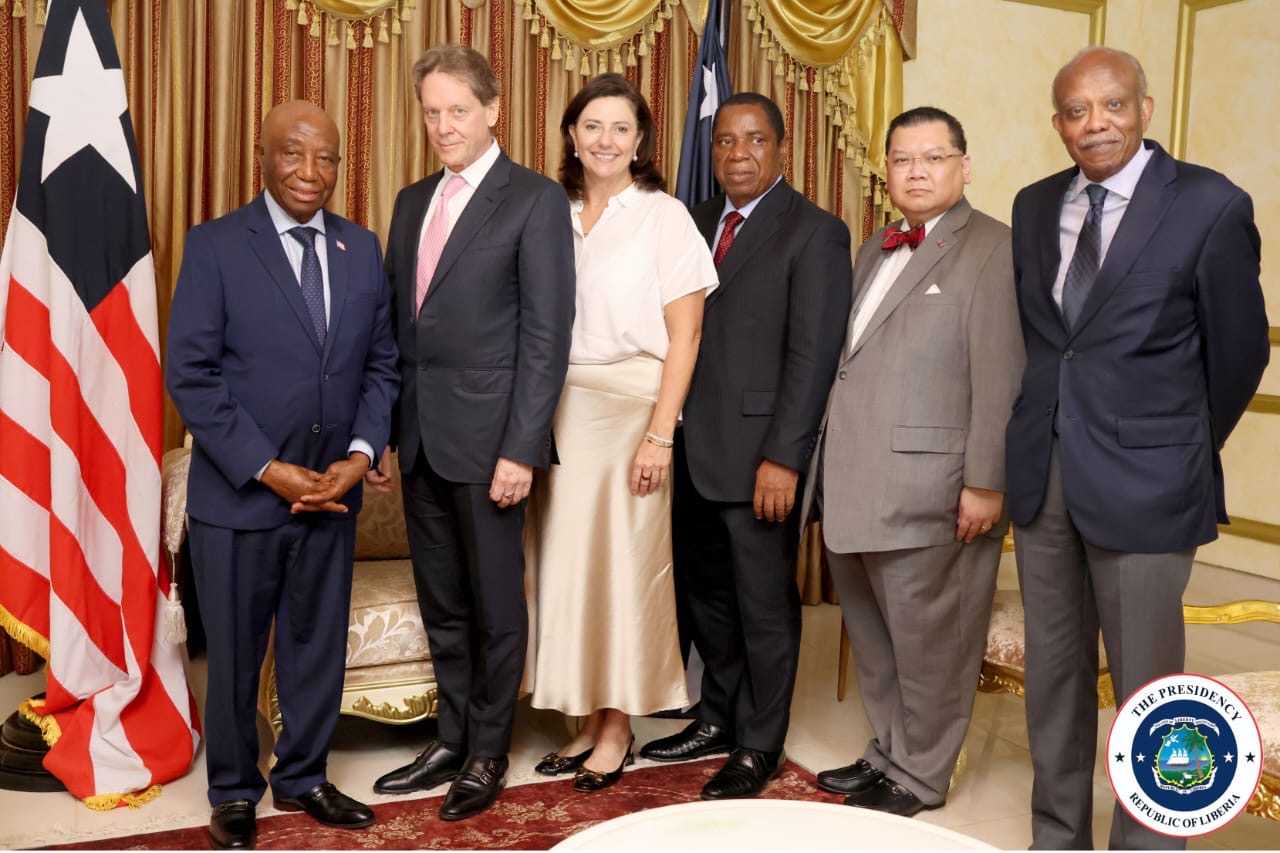
View from the top
It is in leadership positions where Barnes has truly excelled and she credits her success with various companies towards a personal commitment to keep on learning.
“I love having leadership roles, I think the helicopter view – the view from 40,000 feet – is a fascinating view,” she says.
“It’s very challenging at times but what I’ve learned and bring with me today is the value of the team and culture inside businesses. Wherever I go, I try to build teams that are cohesive and focused and have a certain amount of respect within the team.”
Her leadership credentials have been put to the ultimate test since taking on the chair role at Indiana where she has spearheaded the fight for compensation for shareholders following the unlawful expropriation of the Ntaka Hill nickel project by the Government of Tanzania in 2018.
Barnes says last year’s ruling by the International Centre for Settlement of Investment Disputes (ICSID) was a defining moment for herself, the company and the wider resources industry.
“What’s happened at Indiana is certainly a lesson that I think a lot of other mining companies could learn from around security of tenure and around what to do when things go wrong,” she says.
“I think we’ve done a remarkable job at Indiana to get the decision we did from ICSID, particularly when compared with some of our other colleagues who are going through a similar process with ICSID.
“Mining keeps coming back to that relationship aspect. It’s the relationship with your staff, the relationship with your host communities, the relationship with your host governments, and the relationship with your shareholders and your financers. I think that’s probably one of the sectors of the mining industry that we don’t tend to talk about so much, but for me that’s an area where I spend a lot of time.”
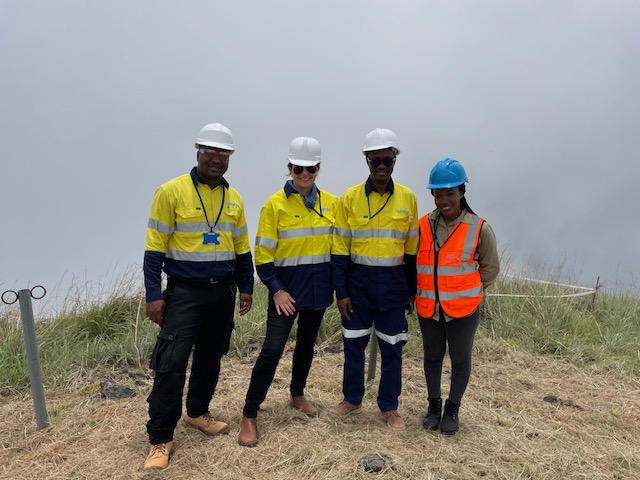
‘I think we continue to be underestimated’
Given her early career as an interpreter, Barnes was always desperate to work in French-speaking West Africa.
Unfortunately it took her several years to be afforded that dream opportunity.
“I applied for multiple jobs working on the ground in Africa and was turned down for all of them because it was perceived that Africa was no place for a lady – lucky I’m not a lady,” she says.
“I think I’ve carved out a remarkable career in leading companies in African jurisdictions. I’ve never had any issues and I think the security issue is something that can be managed. And, don’t forget, it’s a security for both men and women, depending on which jurisdiction you’re in.”
Her fearless attitude towards approaching potentially confronting situations can perhaps be tracked back to one of the very first Diggers & Dealers conferences, where she was just one of two women in attendance.
Two decades later, Barnes would accompany her adult daughter – now a qualified stockbroker – to the parochial Kalgoorlie mining event which has been criticised over the years for not being female-friendly.
“The atmosphere and the attitude towards welcoming women at Diggers is a lot different compared to when I first went there,” she says.
“I think it’s a reminder of just how many more women are in the industry generally now, but also how many more women are in executive and leadership roles. That certainly wasn’t the case when I first started going to Diggers.
“We’ve still got a long way to go. I’m still not seeing women in the numbers that I would like leading companies and on podiums and being recognised as capable of not only developing assets, but also doing the finance, fundraising, government liaison piece, etc. I think that women can make a fantastic contribution in all of those areas, but I think we continue to be underestimated.”
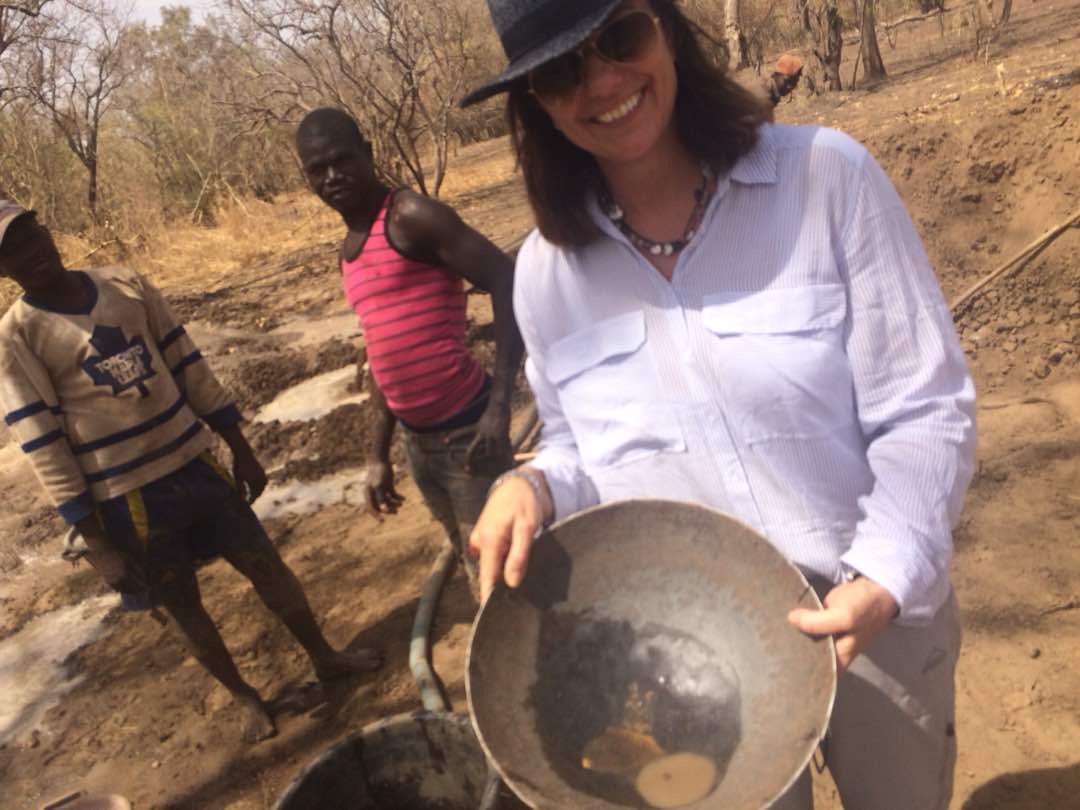
Barnes is unsure when came the “coin flip” moment where she felt her sense of belonging in the mining industry, but she often reflects on becoming the first West Australian to be crowned both the Outstanding Woman in Resources (state) Exceptional Woman in Australian Resources (national) awards in 2015.
“I’ve worked exceptionally hard to get to where I have and to win both of those awards was tremendously exciting and very humbling,” she says.
“Then you just get busy and get back to work, really. Winning awards doesn’t pay the mortgage.”
At Stockhead, we tell it like it is. While Indiana Resources is a Stockhead advertiser, it did not sponsor this article.

UNLOCK INSIGHTS
Discover the untold stories of emerging ASX stocks.
Daily news and expert analysis, it's free to subscribe.
By proceeding, you confirm you understand that we handle personal information in accordance with our Privacy Policy.








